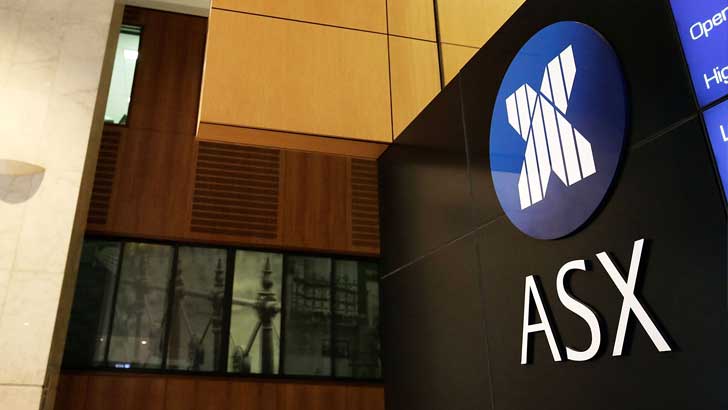Market wrap: All Ords up more than 2%
By Dale Gillham
You've likely heard references to your carbon footprint and that as a country, we are attempting to be carbon neutral, but what does this really mean?
Your personal carbon footprint is measured by things like how often you drive your car, how much electricity you use, how much rubbish you throw away and even how many children you have.
Carbon Positive Australia states that the average Australian household of 2.6 people has an annual carbon footprint (Co2e) of approximately 15-20 tonnes.
Basically, Co2e measures carbon dioxide emissions that we are told are bad for the environment.
The UN tells us that we need to limit our per-person carbon emissions to 2 tonnes per year, which is around a third of our current output.
While this may seem a lot, the carbon footprint for the mining, energy, and transport industries is significantly more, which spells an opportunity for astute investors. Let me explain.
Carbon capture and carbon credits are a growing market in which you have the opportunity to invest. Carbon capture involves capturing the CO2 from sources, such as power plants or even directly from the atmosphere.
Once the carbon has been captured, it is typically stored underground in geological formations, such as depleted oil and gas reservoirs. Companies that undertake these projects can then be certified to create carbon credits based on the amount of CO2 captured.
What's interesting is that these carbon credits are then sold or traded in carbon markets.
Transport companies, such as airlines, can't easily reduce their carbon footprint and are therefore major purchasers of these credits to offset their emissions. If you ask me this is a pretty good deal for those capturing the carbon.
So, you're probably asking which listed ASX companies are participating in this growing industry.
According to Worley Parsons, there are currently 20 commercial carbon capture and storage (CCS) facilities operating in the world, as the industry is facing challenges designing, engineering, and constructing these facilities, not to mention their negative public perception.
That said, Worley Parsons is already playing a major part in the investment, consultation, and servicing of these projects.
One facility is being built in Australia and is on track for completion in 2024. The Moomba CCS project is being built 800 kilometres north of Adelaide and is being spearheaded by Santos and Beach Energy.
This ambitious project is not only aiming to reduce the duo's own emissions but also looking to reduce emissions from companies in other sectors. With the global CCS market projected to be worth a total of $USD14.2 billion by 2030 with an expected compound annual growth rate of 21.5%, these projections certainly make this a space to watch.
What are the best and worst-performing sectors this week?
The best-performing sectors include Information Technology, Utilities and Energy, which are all up more than 4% followed by Communication Services up more than 3%.
The worst-performing sectors include Healthcare down more than 2% followed by Consumer Staples, which is just in the green while Industrials is up more than 1%.
The best-performing stocks in the ASX top 100 include Domino's Pizza up more than 9% followed by Allkem and Block, which are up more than 8% while IDP Education is up more than 7%.
The worst-performing stocks include CSL and Fisher & Paykel Healthcare, which are both down more than 4% followed by Resmed down more than 3% and Bank of Queensland down more than 2%.
What's next for the Australian stock market?
In a stark turnaround from previous weeks, the All Ordinaries Index has risen strongly up more than 2% so far with the top 20 stocks leading the charge.
When markets turn you will generally see these big stocks lead as they will start heading down near market peaks and rise near market bottoms, which is why I strongly recommend investors always keep an eye on them.
While the market seems to be finding support, this is not confirmed and as I mentioned last week nor is it guaranteed. The All Ordinaries Index has closed higher in the past six days and is up more than 3% on the low of October 4, 2023.
Given this, I would expect it to fall away for a few days to test the low and in doing so give us a strong indication that the down move the market has been in since July is now over. While it is possible that we may see further falls below the 7000-point support level, I do believe the move down has finished and is very close to being confirmed.
While the market is looking better, we are not out of the woods just yet, so patience is still the best strategy as there will be plenty of time to profit when we can confirm the direction of the market.
Get stories like this in our newsletters.



